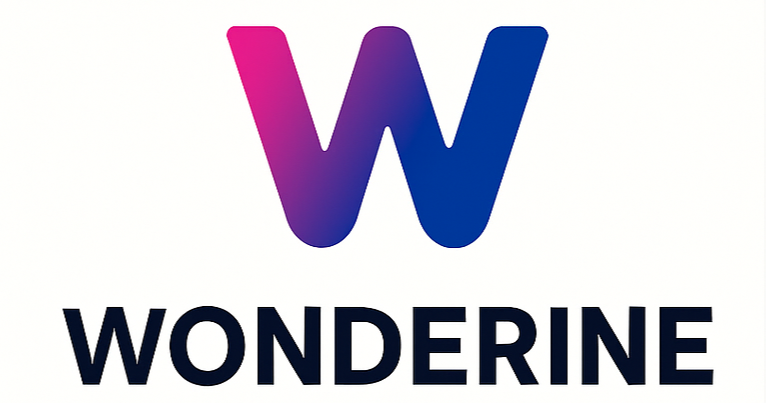
The résumé is fading. Learn how to build a career portfolio that showcases what you can actually do in 2025.
In 2025, nobody wants to read your résumé. They want to see what you can do.
We’re entering an era where professional credibility isn’t built on bullet points — it’s built on proof. Hiring managers, collaborators, and clients aren’t scanning PDFs anymore. They’re clicking through career portfolios: curated, living ecosystems that show your work, not just say it.
And no — this isn’t just for designers or creatives. Engineers, marketers, managers, consultants — everyone who wants a resilient, opportunity-rich career is making the shift.
If you want to stay relevant and remarkable, it’s time to stop polishing your résumé and start building your Career OS.
Why Résumés Are Losing Power

Let’s be clear: résumés aren’t dead. But they’re no longer central.
In a world of remote-first hiring, AI screenings, and reputation-based work, the résumé falls short in three major ways:
- It’s static. Can’t update in real-time.
- It’s filtered. You only show what fits a role, not your ecosystem of strengths.
- It’s unprovable. Bullet points say what you did — not how or how well.
Meanwhile, portfolios are:
- Dynamic: living, evolving with your skills and impact.
- Contextual: you control the narrative.
- Provable: real outputs, real value, real people.
According to a 2025 LinkedIn survey, over 60% of hiring managers say portfolios are now more influential than résumés for knowledge workers.
What a Career Portfolio Looks Like in 2025

A strong portfolio answers one question: “Can I trust you to solve meaningful problems?”
Here’s what top performers include:
- Signature Projects: What you did, the problem it solved, tools used, and measurable outcomes.
- Testimonials or Endorsements: Internal praise, client feedback, or team shoutouts.
- Case Studies or Write-ups: Thought process, decisions, lessons learned.
- Tool Stack + Skills: Include usage context instead of badges.
- Who You Are: Use a headline, manifesto, or tagline.
Where to Build It (Fast)

You don’t need to code. You don’t even need to write much if AI helps structure it.
Here are 5 quick-launch platforms:
- Notion: Generalists, thinkers
- Semplice: Designers, creatives
- GitHub: Engineers, builders
- Polywork: Networking-first professionals
- Typedream: Personal brands, solopreneurs
Prefer to think in systems? Use Obsidian or Tana as a back-end brain and publish your best thinking externally.
How to Build Your Portfolio (Step-by-Step)
- Audit your work from the past 2–3 years
- Pick 3–5 projects that represent your evolution
- Describe each using the FAB format: Feature, Advantage, Benefit
- Write your story, not your job: Explain your thinking
- Design for clarity: Sections, short blocks, visuals
- Link it everywhere: LinkedIn, email signature, QR
- Update monthly: Add new insights, results
FAQ: Career Portfolios
- Isn’t this just for creatives?
- No. Portfolios are for anyone who solves problems or creates value.
- What if I’m in a corporate role?
- Your career portfolio becomes a leadership asset. Show how you think, lead, and grow teams.
- What about AI and portfolio reviews?
- Use clear sectioning and smart meta info for higher discoverability.
- Do I still need a résumé?
- Yes, but your portfolio is the new front door.
Start your portfolio this weekend
Pick one platform. Add one project. Ship it. Then repeat monthly. You don’t need perfection — you need momentum.
Because in 2025, the work that speaks for you beats the paper that talks about you.




